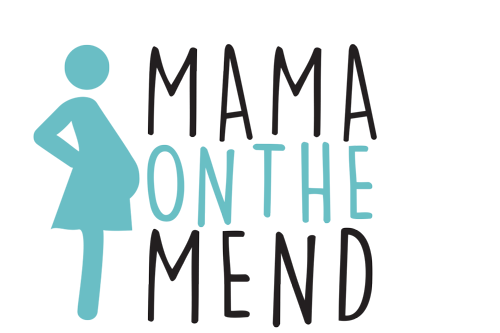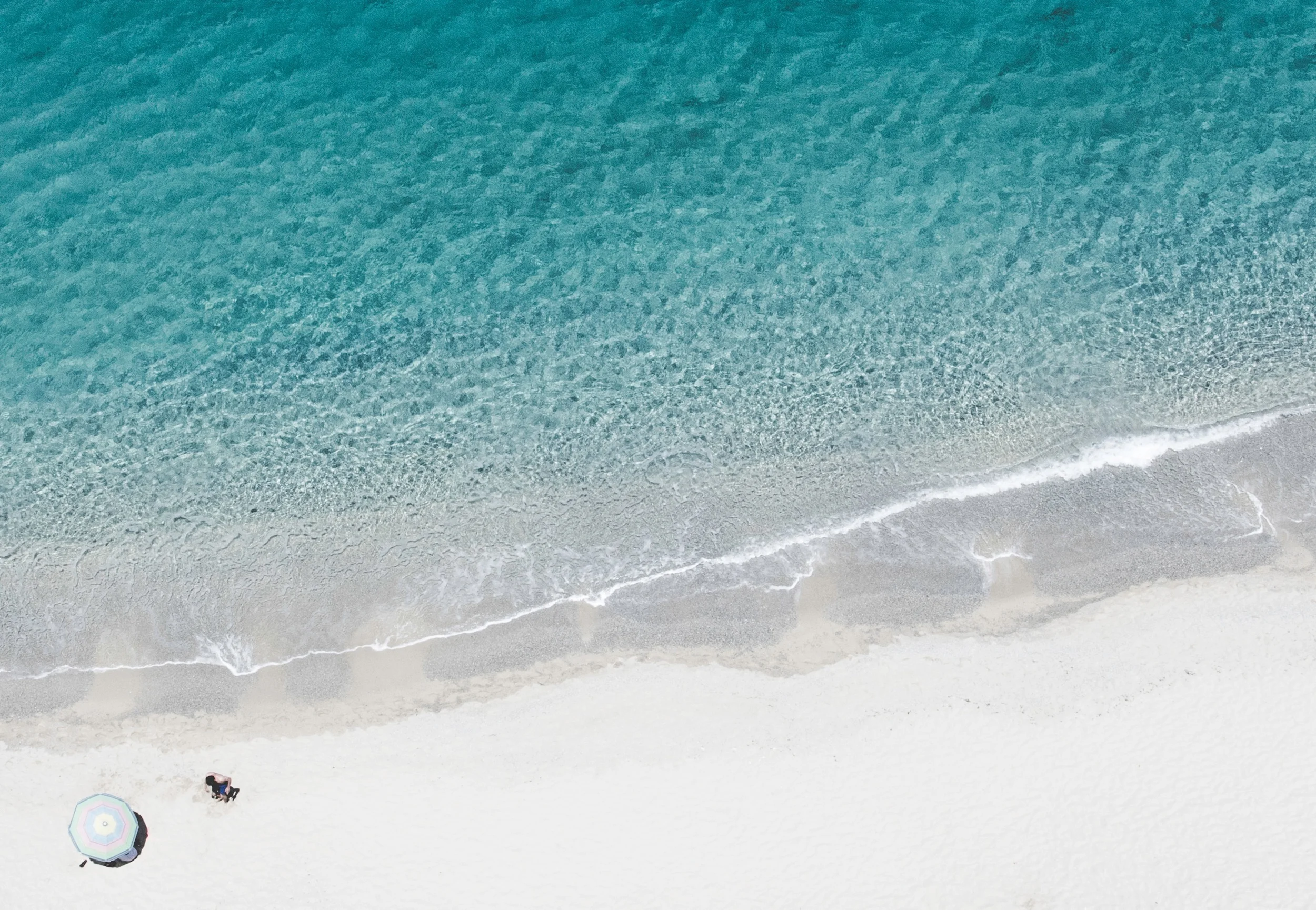This is How I Feel About Postpartum "Body Pics"
/How do I put this delicately? I don’t like postpartum “body pics.” I’m talking about “before and after” and even those “real” this-is-how-it-is kind of images.
My reason for that is probably not what you think.
Sure, we can talk about the intense pressure women feel to “bounce back” after pregnancy and child birth, or the about society’s constant messaging to girls and women that our value is placed on physical appearance. But those aren’t my issues with the postpartum “body pics.”
In fact, if a woman feels like posting her postpartum body on social media for whatever reason, that’s her choice. If that feels empowering to her, great! Who are we to judge?
There Are Two Trends in Postpartum Body Pics. Both Focus on the External Body.
The first trend is the “pre-pregnancy” and “post-pregnancy” selfie. These images on my Instagram feed seem geared toward inspiring and motivating (I follow the hashtag #postpartumbody among many other postpartum-related hashtags). These shots inevitably include women in bikinis or sportswear exposing their mid-section.
The second trend is the “real” shots of women who still look pregnant or with stretch marks, looking less than idyllic by society’s misogynist standards. If I’m partial to one type of postpartum “body pic,” it’s this one. But only by a slight margin. I appreciate the rawness and vulnerability of these images. There’s beauty in that.
Together, these trends in body pics suggest postpartum women fall into one of two camps: “working it” or “embracing it.” Neither are wrong or bad, but this division sets up limited narratives about postpartum bodies. They both focus on our exterior physique and, in broad terms, both suggest health.
I felt excluded from both camps. I resembled neither a “pre-post” inspiration nor a “real” postpartum woman.
Here’s what I mean.
I “bounced back” relatively fast. Within a few months I was at my pre-pregnancy weight and my physique hadn’t changed much from before giving birth.
Many people commented on my body.
“Oh my gosh, did you even give birth?” “What’s your secret?” “You look amazing!” “Are you sure you’re eating enough?” “You need to take care of yourself.” “Have you been dieting?” “Ugh, no fair.”
"No fair” is right. I didn’t do anything special. I just fed my son when he was hungry and fed myself when I was. I recognize the immense privilege of not having to worry about losing weight. But I was somehow made to feel bad about it. Too many of those comments on my postpartum body carried a tinge of critique or jealousy.
Me, about 3 months postpartum. Yes, I was quite happy to be on a beach in Hawaii. But let me tell you, we camped out near a bathroom in case I had a sudden urge.
But I wasn’t mad. I understood the sexist world we live in and the pressures placed on women to be thin. We end up policing each other as a way to navigate our own struggles. Besides, pregnancy had prepared me for the ways in which people feel entitled to comment on my body.
What astounded me was that few people asked how I felt.
I didn’t feel great those early postpartum months. I was wearing adult diapers because I had incontinence. My perineum was still sore and irritated. I had vaginal heaviness if I stood for more than a few minutes. I looked “great” so people assumed I had it “easy” with no postpartum issues to overcome.
This is another examples of how thinness is conflated with healthiness.
“Real” Postpartum Women
“Before and after” images did little to inspire my postpartum recovery and “get back” my body. I also felt little comfort from those “real” postpartum pics.
Just as those “before and after” images are evocative and emotionally “charged” so are the “real” postpartum images. The narratives that accompany “real” shots push back against the expectation that women should “bounce back.” I too oppose such an expectation.
But I didn’t get stretch marks (again, nothing I did to deserve) and I wore regular clothes not long after giving birth.
While I support this movement for women to embrace their postpartum bodies, I wasn’t sure that movement included me. There’s a specific aesthetic of what Instagrammers consider “real.”
A “real” postpartum woman has stretchmarks, loose skin, rolls folding over underwear lines. She also has visible stitches and cellulite, but looks at the camera anyway. She is celebrated as “brave,” “honest,” “real.”
I saw virtually no women who looked like me in those “real” images. Was I not “brave,” “honest,” “real”?
It’s of tremendous privilege that I escaped the scrutiny of “fat shaming” during my postpartum time. That period is already so fraught with emotions and vulnerability. I can only imagine the insult and devastation.
While my experience with “body shaming” wasn’t so much shaming as it was fielding misguided compliments, I grew sick of the focus on my physical appearance as the barometer of my postpartum health and progress.
I was physically NOT okay. I felt dismissed, as if I had no right to complain because of how I looked.
I wanted to give my middle finger to some of those backhanded compliments.
Looking Healthy Isn’t the Same As Being Healthy
My pelvic floor was ripped open, and for months I struggled to hold in my pee, poop, and farts. I couldn’t sit comfortably for a very long time. I was afraid to have sex. I didn’t ride a bike for a year.
The tension between these two types of postpartum “body pics” is just obnoxious to me now. The images themselves don’t bother me. If it’s empowering for the woman posting, that’s amazing! If they validate or inspire the women consuming those posts, awesome!
But can we focus beyond those two types of aesthetics for postpartum bodies? If we shame women who “show off” their sculpted postpartum abs, aren’t we still policing them? If we celebrate a certain aesthetic as “real” are women without stretchmarks somehow not as “real”?
I’m not opposed to women posting their postpartum bodies. I think it’s great that we’re able to do so. But, I want us to expand “body positivity” to mean more than external physical aesthetics or putting yourself “out there.” Could “body positivity” also be about not assuming someone’s bravery, vanity, recovery, ambition, vulnerability, or healthiness based on a “type”?
I sure hope so.



